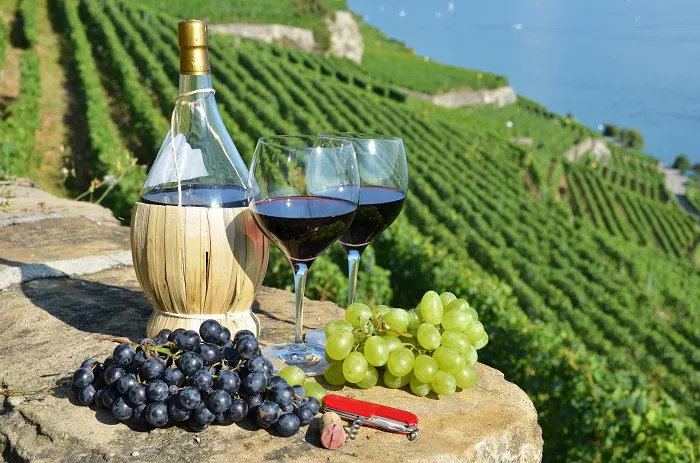Sustainability remains a critical focus in the wine industry, with consumer demand for eco-friendly practices driving both purchasing decisions and winemaker innovation. Recent research from the Wine Institute reveals that interest in sustainably produced wines is on the rise, signaling a shift toward environmental consciousness among wine consumers.
As climate change continues to challenge the agricultural sector, particularly viticulture, many wineries are stepping up their efforts to integrate sustainable practices. Notable examples include Résonance, The Simple Grape, and Cakebread Cellars, which are setting new standards in eco-conscious winemaking.
Résonance, a winery in Oregon’s Willamette Valley, exemplifies the commitment to sustainability with its recent achievement of organic certification for its Koosah Vineyard. This milestone, which was reached in February 2025, marks the culmination of a vision set by Maison Louis Jadot when it acquired the vineyard in 2013. In addition to organic farming, Résonance practices dry-farming, supports biodiversity, and has designed its tasting rooms with utmost care to preserve the local habitat. Winemaker Guillaume Large emphasizes that these practices honor both the Burgundian heritage of Maison Louis Jadot and the innovative spirit of Oregon winemaking.
Similarly, The Simple Grape has built its brand around sustainability, sourcing grapes exclusively from Certified California Sustainable Winegrowing vineyards. These vineyards adhere to stringent guidelines for environmental stewardship, such as preserving wildlife habitats and using natural resources responsibly. The Simple Grape goes a step further by donating a portion of its profits to the Pollinator Partnership, which works to conserve vital pollinator species. Additionally, the brand takes pride in its minimalist approach to winemaking, avoiding added sugars and artificial flavors while clearly labeling all ingredients for consumers.
Cakebread Cellars, a Napa Valley pioneer in sustainability, has been committed to environmental protection since its founding in 1973. The winery was the second to achieve Napa Green certification and has since garnered numerous accolades, including silver-level membership in International Wineries for Climate Action. Cakebread’s sustainable initiatives range from precision irrigation and UV light cleaning technologies to microturbines that improve energy and water conservation. With a bold goal of achieving carbon neutrality by 2030, the winery remains a leader in the industry’s push toward long-term environmental responsibility.
These three wineries are prime examples of how sustainability is no longer just a trend but a core principle in the winemaking process. As consumer demand for environmentally responsible products grows, wineries that prioritize sustainability will not only be shaping the future of the wine industry but will also continue to attract a loyal and conscious consumer base.
You Might Be Interested In:


